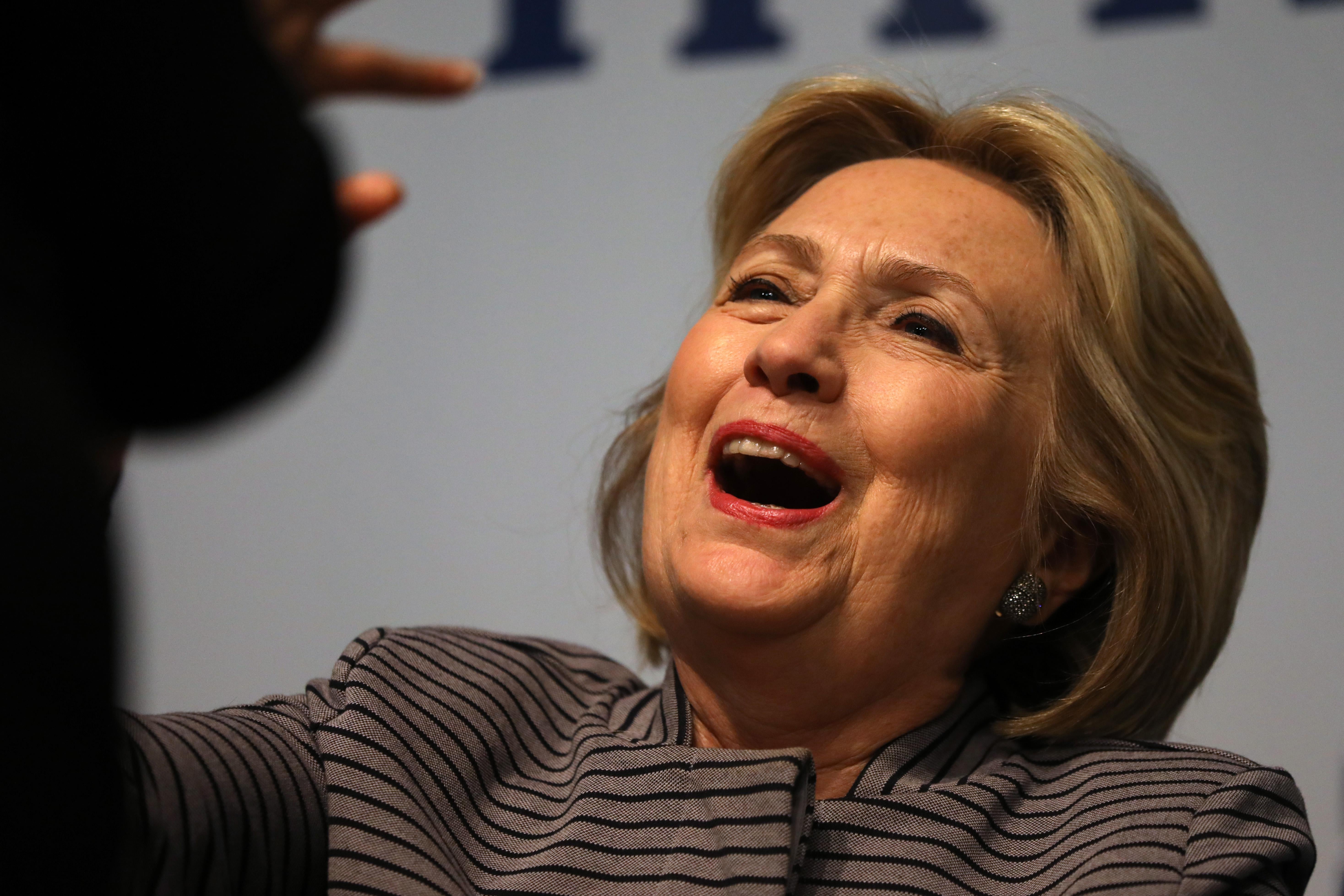It’s over. The three-year-long State Department investigation into former Secretary of State Hillary Clinton’s private email account has ended and found “no persuasive evidence of systemic, deliberate mishandling of classified information.” The report did note that Clinton’s use of a private email server increased the risk of classified information being compromised.
And it also identified 38 people who were “culpable” in 91 cases of violating security protocols with emails that were not considered classified at the time but were retroactively marked as such. The 38 people, all of whom are current and former State Department officials, were not named in the report that was completed last month and shared with Congress this week.
The investigation involved a probe into 33,000 emails that Clinton passed on for review after her use of a private email devolved into a scandal. It did not, of course, include the emails that Clinton deleted after her lawyers said they were private. The probe found a total of 588 violations involving information that is or was classified, but in the vast majority of cases—497—couldnn’t assign any fault.
Despite these instances though the ultimate conclusion of an investigation into an issue that at times engulfed the 2016 presidential campaign was that there wasn’t much there. “While there were some instances of classified information being inappropriately introduced into an unclassified system in furtherance of expedience, by and large, the individuals interviewed were aware of security policies and did their best to implement them in their operations,” the report said. “Instances of classified information being deliberately transmitted via unclassified email were the rare exception and resulted in adjudicated security violations.”
If any of the 38 officials that the report found culpable of violating security procedures still work at the State Department, they could face some kind of disciplinary action. For those who have since left the government their culpability could make it more difficult for them to obtain or renew security clearances in the future.
